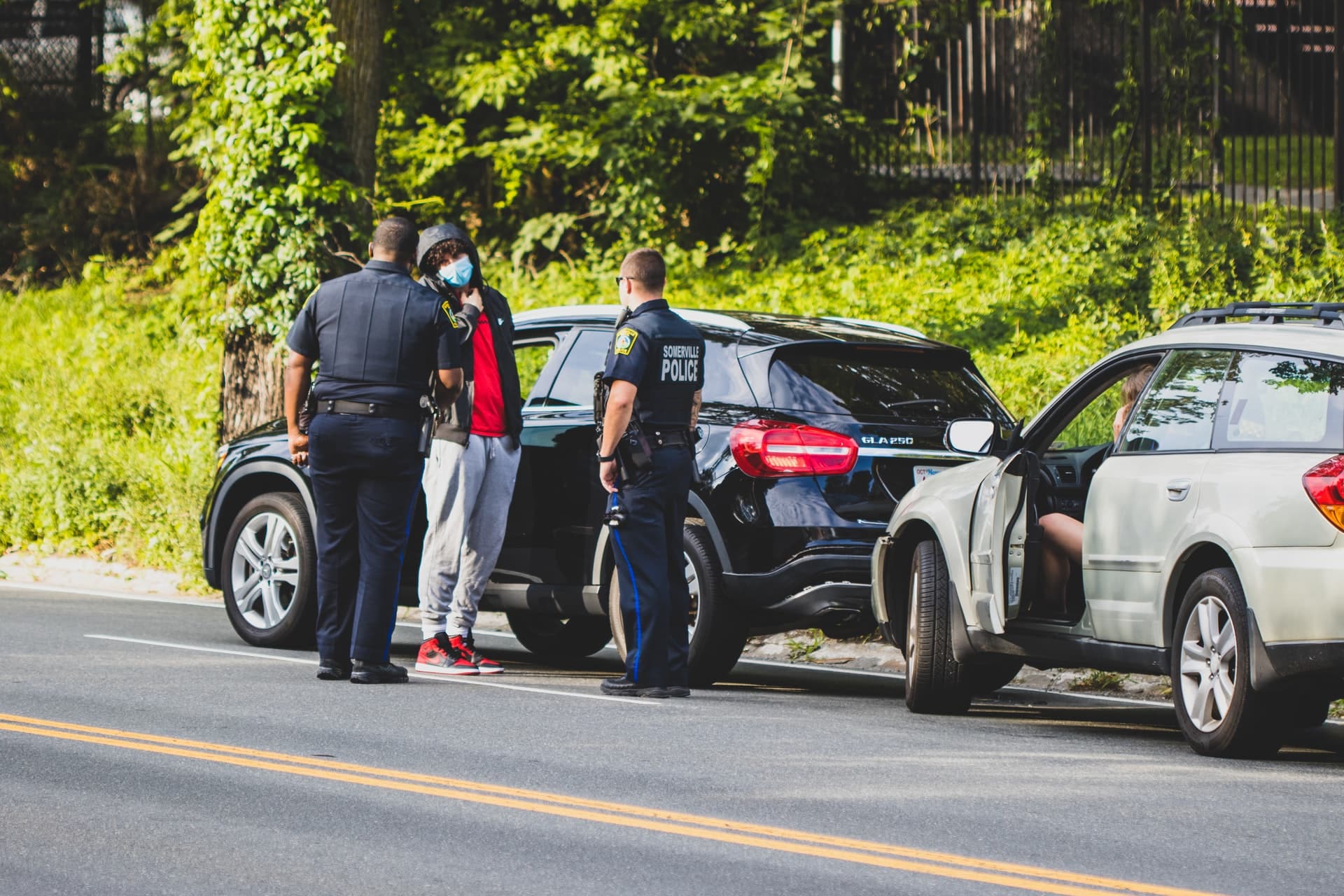To the average car accident victim, filing a lawsuit can feel daunting. With medical bills piling up, you may be concerned about how long it will take to see compensation for your injuries if you were to proceed with your legal claim for damages.
You can expect your full lawsuit to last months or even years. The actual length of a specific car accident lawsuit depends on a number of factors that can influence the various legs of the process. The steps leading up to trial, such as servicing notice and discovery, can be the most time-consuming aspects of your case. With that in mind, you may consider settling, but you should be aware that any settlement agreement will likely leave money that you are owed on the table.
IMAGE: UNSPLASH
Steps In A Car Accident Lawsuit
To understand how long a car accident lawsuit may take, it is important to have a grasp of the individual parts that make up a lawsuit. The actions of a car accident suit are broken down below.
Pre-Filing
The process of a lawsuit begins even before it is filed. First, you should find a team of experienced car accident lawyers to represent you. You and your lawyer can work together to identify who was responsible and estimate the damages that they caused. You will also likely have to deal with insurance company representatives who may contact you.
Notice And Service
Once you file your claim, you will be responsible for notifying the defendant (or defendants) named in the lawsuit. This is accomplished by providing the defendant with a copy of the complaint that you filed. The service process can be complicated if the defendant has left the state or is otherwise difficult to track down. Once the defendant is notified, they will typically have about a month to file a response with the court, depending on the jurisdiction.
Discovery
Once your complaint is filed and answered, the court will set a period for discovery. The discovery period is where both sides solicit and gather evidence that supports their arguments. This is also the point when the car accident lawyers will conduct depositions with witnesses. In most car accidents, the discovery process will take at least a few months.
Trial
The court is responsible for setting the date of the trial. The trial date is determined based on the complexity of discovery, the seriousness of the claim, and the schedule of the court and the personal injury attorneys on either side. It may surprise you to find out that the actual trial usually takes the shortest amount of time of any of the steps, at least in the case of car accidents. Accident injury civil trials may take as little as a day.
Appeal
If the case reaches a decision that one side believes was reached in error, they have the opportunity to appeal the decision to a higher court. The length of the appeal depends on the issue at the heart of the party’s argument. An appeal could add multiple years to the timeline of a resolution on the case.
Factors That Can Impact The Length Of A Car Accident Lawsuit
The reason why estimating the length of a car accident lawsuit is so hard is that each case is different. Unique complications in every case can cause the timeline to extend further than what is expected.
Some of the most common factors that lengthen a car accident lawsuit timeline include the following:
- Multiple defendants named in the same lawsuit
- Disputes over liability or contributory negligence
- Complex medical injuries
- Extended treatment of medical injuries
- A defendant who flees or leaves the state prior to service
- Insurance company tactics
Pros And Cons Of Settling A Car Accident Lawsuit
If you are concerned about the amount of time that your lawsuit will take, you may be considering accepting a settlement offer. Settlement agreements can be helpful tools to resolve legal disputes concisely and outside of court. Both sides may benefit from escaping legal costs, and the victim gets paid their compensation earlier.
However, potential plaintiffs should be careful about accepting a settlement. When you sign a settlement agreement, you waive any right to pursue legal action on your claim. Insurance claims adjusters often offer settlements when they believe that they can get the victim to accept substantially less than they could get in court. As such, settlement offers often constitute a much lower value than the victim deserves.
You can have your lawyer read over and negotiate or counter a settlement offer on your behalf. You can also renegotiate and settle your case after you have already rejected an offer, so you should not worry about the first offer that you receive being your last. Further, settlement offers made later in the process are typically higher in value to reflect how much closer the case is to reaching a decision.
Ultimately, determining how to proceed in your case is a decision that depends on your needs, your principals, the strength of your case, and your tolerance for a long court battle.
If you are interested in even more lifestyle-related articles and information from us here at Bit Rebels, then we have a lot to choose from.


COMMENTS